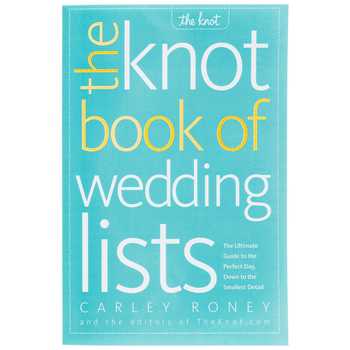This post is part of a series on covenant marriage.
Mason was troubled by my last post on marriage and raised some objections that are definitely worth addressing. Mason wrote:
So my problem with covenant marriage has always been that I don’t see how it gets around exactly the gender-power-dynamic problems that we see in not allowing divorce in the first place. If covenant marriage becomes popular in Christian communities, what I see happening relatively quickly is the emergence of two norms: that “only slutty girls want a non-covenant marriage” and “a non-covenant marriage means you aren’t really committed to your partner.”
At that point, plenty of couples will become locked into problematic relationships (emotionally abusive, financially abusive, or even emotionally or intellectually shallow and unsatisfying – essentially, all the reasons we leftists like the availability of divorce normally)
Given the higher barriers to divorce, the strongest objection to covenant marriage is the possibility of abuse, particularly abuse against women. I can rattle off some of the legal provisions of covenant marriage (it allows for divorce in the case of domestic violence, it does not prevent partners from living separately), but I agree that it’s easy to imagine how conservative communities could use this kind of marriage as a weapon against women.
In fact, the reason these consequences are so easy to imagine is because they already happen. The groups that are most likely to abuse covenant marriage are already abusing modern marriage. No-fault divorce doesn’t stop misogynistic men from coercing women to stay in abusive marriages. Whether or not covenant marriage is popular, women (and some men!) in abusive marriages will still be in danger, and plenty of resources still need to directed to battered women’s hotlines and shelters. Plenty of outreach still needs to be done to help educate people to signs of abuse, so they can intervene to help others.
But we do not need to use exceptional (and horrifying) cases as the grounding for our definition of marriage. We want to lower the barriers to exit for people who are being abused, not for everyone. The goal is to balance protective measures for one group against the effects of the legal system for everyone else.
Ultimately, I’m not pitching covenant marriage to conservative Christians, but to atheists and liberals like me. (I’ll have another post on why I think covenant marriage is bad or, at best, neutral for Christians up tomorrow afternoon). For us, I believe increased interest in covenant marriage has the potential to do a great deal of good.












